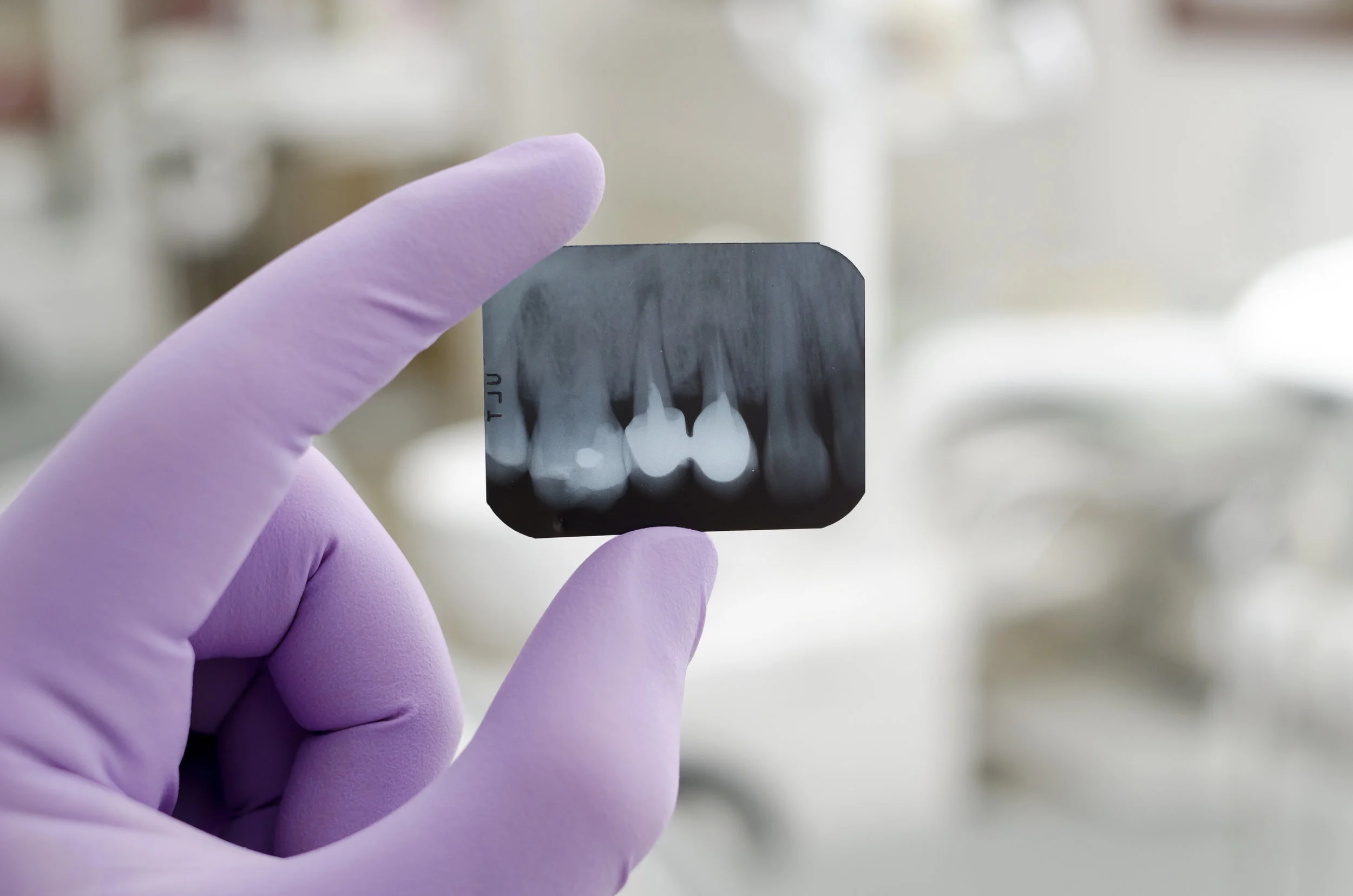During the teen years or early adulthood, many people discover a third set of molars growing in their mouth. These are called wisdom teeth. Most people have these teeth removed because they can cause discomfort or decay. A small number of people will never develop any wisdom teeth, and some may have wisdom teeth but do not need them removed.
Read MoreIf you are missing several teeth, you are likely weighing your options to replace them. Dental implants and dentures are both viable options, each with its own advantages and disadvantages.
Read MoreIf you wake up with a headache or jaw pain even after a full night of sleep, you might be grinding your teeth in your sleep. Teeth grinding or clenching (also known as bruxism) is more common than you think and can cause many health issues.
Read MoreA well-balanced diet is essential for your overall health. Eating plenty of fruits and vegetables and minimizing high-fat foods can reduce the risk of heart disease, diabetes, and serious health conditions. Your nutrition habits also affect your smile.
Read MoreGetting a tooth extraction is no longer, as the saying goes, “like pulling teeth.” If you suspect you may need a tooth pulled, modern dental technology and anesthesia ensure a comfortable, nearly pain-free experience.
Read MoreRaising a child is no small task, and babies do not come with an instruction manual. There are so many questions to ask, including when to start dental care for your child, and the answer may be earlier than you think. Introducing your son or daughter to dental care at an early age will help ensure good dental health for life.
Read MoreThere is a joint in your skull called the temporomandibular joint (or TMJ), which connects your jaw to the temporal bones in front of your ears. This joint makes it possible for you to use your jaw to speak, eat, and yawn.
Read MoreIf you are a parent or guardian, you probably worry about how to teach your children good oral care habits. Proper dental hygiene is crucial for young children to learn because it can mean a world of difference for their oral health in the long run. But sometimes, even with a good brushing and flossing routine, cavities can form anyway.
Read MoreDentures are a significant investment, and your smile is one of the first things people notice about you—two good reasons to keep your dentures clean and cared for. Here are five simple tips to help you out!
Read MoreHave you ever wondered if it’s really necessary to go to the dentist every six months? That can seem like a lot, especially if your teeth and gums look and feel healthy. But believe it or not, those exams are one of the best things you can do for your oral health.
Read MoreHave you ever heard of an intraoral camera? It resembles a large pen and helps the dentist get a more thorough look at your teeth and mouth.
Read MoreIf you’re preparing to have your wisdom teeth removed, you’ve likely heard a few horror stories here and there about painful recoveries.
Read MoreIf you have a tooth that’s missing or damaged, you may be debating between a dental implant or a crown. Both treatment options will help protect your bone, teeth, and gums from further damage, but each provide different benefits.
Read MoreFluoride is a natural mineral that helps prevent cavities and strengthen teeth. Fluoride treatments are common at dental check-ups, but have you ever wondered how often you should be getting fluoride treatments?
Read MoreDental x-ray machines have vastly improved the prevention and treatment of a variety of dental issues, but many people worry (understandably) about the effects of the x-rays themselves.
Read MoreHere at Hale Family Dental, we are happy to offer our patients dental sealants to help prevent cavities and other oral health concerns. If you’re not sure whether sealants are a good option for you, the following information can help you decide!
Read MoreIf the term “root canal” sends a shiver of fear down your spine, you’re not the only one. Many of us have been conditioned to view root canals as scary or painful procedures.
Read MoreOver time, there has been some debate about whether flossing is an essential part of a daily oral healthcare routine. While flossing may seem a bit inconvenient at times, it provides many benefits that will protect your smile and keep your mouth healthy and clean.
Read MoreMany people will have dental crowns placed on one or more teeth in their lifetime. Crowns can last up to fifteen years with proper care, but the lifespan of a crown depends on many different factors.
Read MoreThere are many benefits to having your teeth professionally whitened. One of the most obvious benefits is increased confidence. Having white teeth can improve your confidence because you will feel more comfortable with how your smile looks, and in turn you will want to smile more often.
Read More




















